- Home
- entertainment
- Here's what a showrunner - the top job in TV - actually does
Here's what a showrunner - the top job in TV - actually does
Showrunners are in charge of making the most of a budget.

A showrunner has to make sure everyone feels valuable.
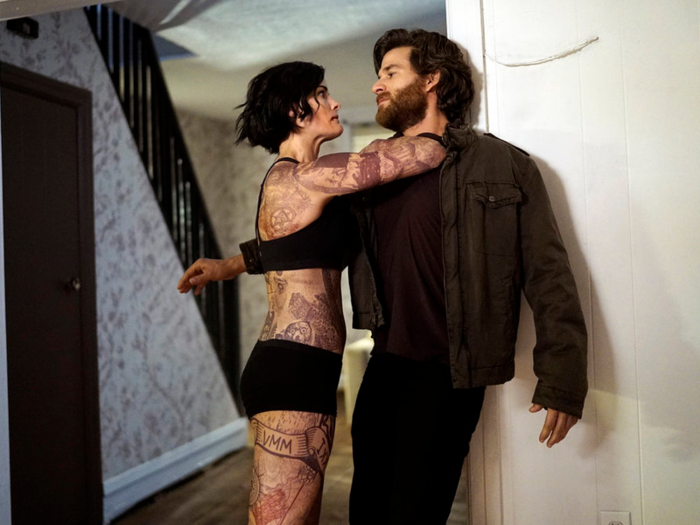
"A great showrunner isn’t a dictator, they’re curators," said Martin Gero, the showrunner for NBC's hit drama "Blindspot." "You’re working with all these creative people, you don’t want to be like, ‘Here’s what I want. You’ll do exactly what I say.’ You want it to be a collective, but at the end of the day, somebody’s got to have the final word, and the showrunner’s the final word."
Rottenberg agrees: "You have to both be a very clear and strong leader, but also very open to people’s ideas and making people feel that they’re a part of the process because they are. This is such a collaborative medium, where everyone I think looks better and does better work when they feel invested in the finished product."
A showrunner protects the show's creative vision.
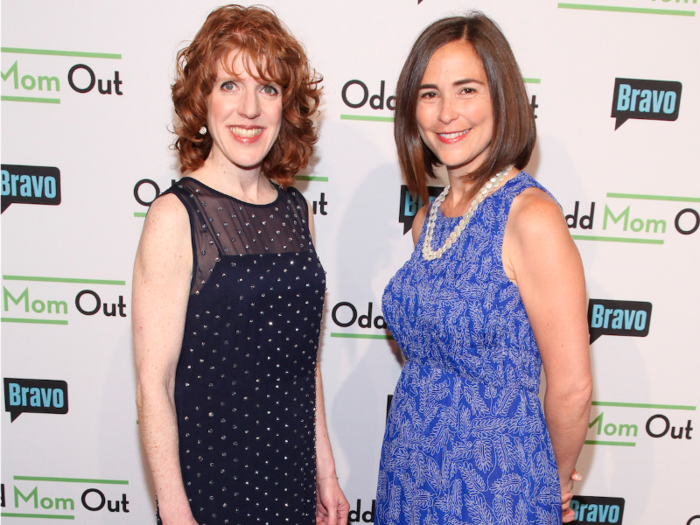
"A showrunner has to advocate for the creative aspect of the show, and that’s harder than it looks sometimes especially when I have to sign the budget every week," Aubuchon told us. "And I have to be responsible and conscious, and 'Powers' is a really great example... There’s lots of elements to that show that could really jack up the cost of the show. And the tendency, especially in the production world, is to want to simplify and go for the easiest and less expensive version of that, and my job is to actually say, ‘No, no, no, I want it to be like this and we need to figure out a way to make it happen.'"
"Odd Mom Out" co-showrunner Elisa Zuritsky, who has known her partner Rottenberg since they were both in elementary school, said, "The toughest balancing act I think as a showrunner is knowing what you want and having a clear sense of the show you want to put out there while still allowing for other voices to change your perception or make it better, ultimately. It’s one of the most collaborative jobs, I think, a person could have."
A showrunner can mentor and guide the show's creator.
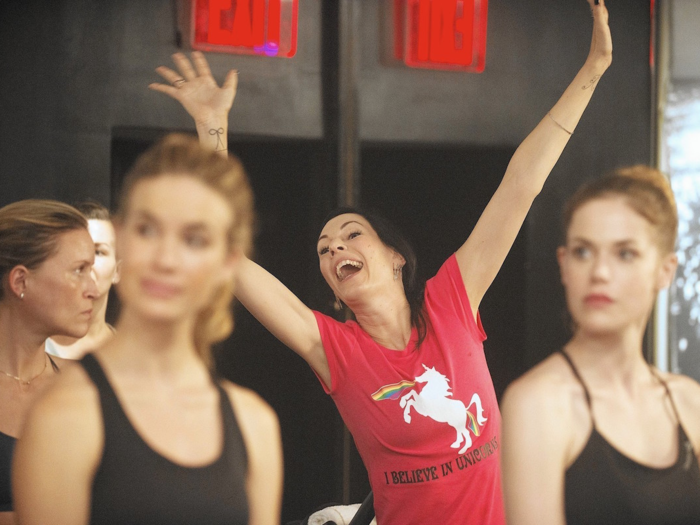
In many cases, the person (or persons) who creates a show doesn't end up running it. In those cases, a more experienced person is brought in to run the show. That gives the veteran showrunner the opportunity to model the job for the creator.
"I’ve had a couple situations where I have come in as the experienced showrunner to work with the creator and my first pitch to them is, ‘Look, you have 20 years of my f--k-ups to benefit from here, and I’m willing to share them all with you so that you don’t have to go through the pain.’ It doesn’t always work out that way unfortunately, and sometimes it’s hard when you’re in the battle to be able to see the forest for the trees, but you kind of have to do that in this job."
"Odd Mom Out" co-showrunners Rottenberg and Zuritsky didn't create the series. They are very mindful of backing up creator and star Jill Kargman.
"A big part of our job was making sure her voice or her vision was represented even if she wasn’t there," Rotterberg said. "For instance, we might get notes from the network, and we’d say, ‘You know what? This is something Jill feels very strongly about. We have to find a way to make this work.’ And there’s a lot of trust in that, and there’s a lot of communication often — you know, a lot of late-night calls and meetings and just working on drafts together."
TV ratings are a real measure of a showrunner's success.
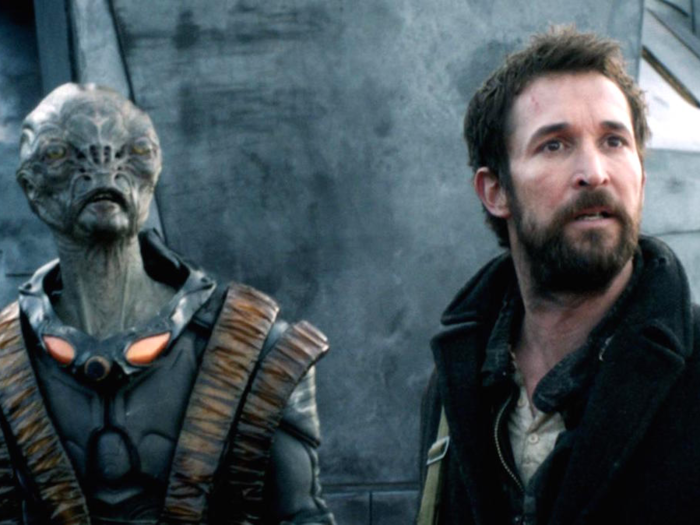
Aubuchon says showrunners have to care about what really pays the bills. For broadcast networks and cable channels, it's audience ratings, which drive ad rates. And for pay cable channels (i.e., HBO and Starz) and streaming services (Netflix, Hulu), it's subscriptions.
"My job is to sell advertising and to create content that is going to not only hopefully be creatively satisfying — because I think that’s how you bring audiences in and keep them there — but at the same time, you want to make sure that you’re not alienating the very audience that TNT or NBC or ABC is trying to sell advertising to," Aubuchon told us. "You have to pay attention to that. And if you don’t, then I think you’re kidding yourself."
Most importantly, the buck stops at the showrunner.
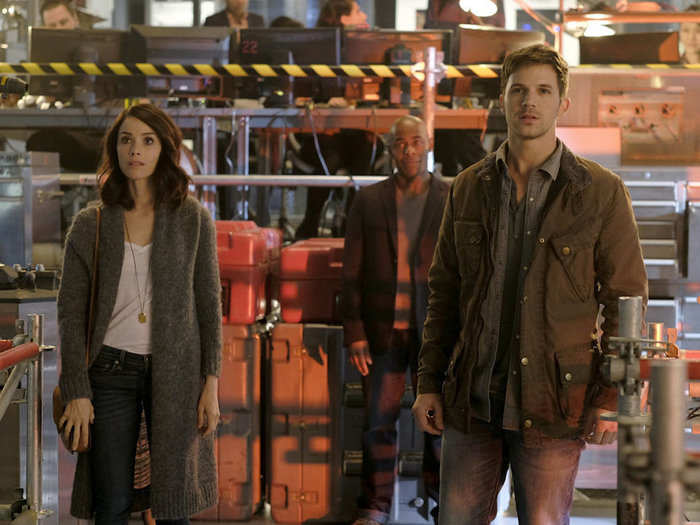
"The best thing to say about a showrunner, the buck stops here," Gero said. "If anything is wrong with the show, the showrunner is to be blamed. We’re involved in every creative and financial decision for the show."
And since showrunners have a hand in every part of a show, from casting to set design and writing, they could easily gum up the process.
The co-showrunners on NBC's new time-traveling show "Timeless," Shawn Ryan ("The Shield") and Eric Kripke ("Revolution"), lean on each other to avoid hampering production.
"That’s one of the worst things that can happen for a show," Ryan told Business Insider. "You have a showrunner that has to vet everything and they get too crunched and then certain parts of the machine are stuck waiting for showrunner approval and so here they’ve got two people who can say, ‘Yes, go ahead and do that.’ It just allows everything to move much smoother."
Popular Right Now
Advertisement